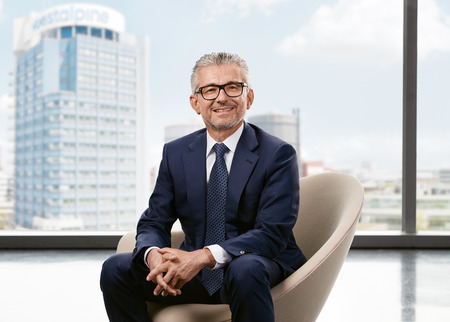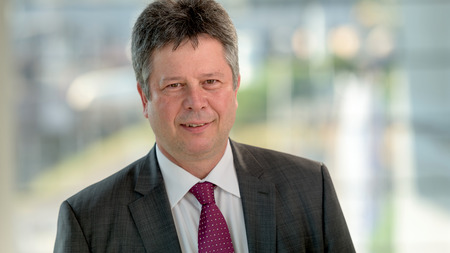voestalpine product innovations make a significant contribution to sustainability in general. They include rails with extremely wear-resistant surfaces which are successfully operating worldwide. The Group has developed ultra-high strength steels with excellent formability for lightweight automotive construction, one benefit of which is to reduce fuel consumption. Another example is additive manufacturing, a resource-efficient and innovative technology which is ideal for producing complex geometries with no material losses. It is used in areas such as highly-complex temperature control and lightweight construction solutions, in toolmaking for the automotive and consumer goods industries, and for applications in medical technology.
Resource efficiency and emissions in steel production itself are also being continually optimized. Over the past three decades voestalpine has succeeded in reducing its CO2 emissions by around 20 percent. Only a radical technological transformation will allow us to significantly reduce CO2 emissions further. For that reason, the voestalpine Group is conducting intensive research into the gradual decarbonization of steel production using green hydrogen, in projects such as H2FUTURE at the site in Linz, and SuSteel in Leoben-Donawitz.
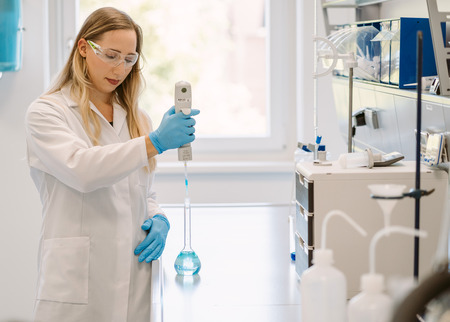
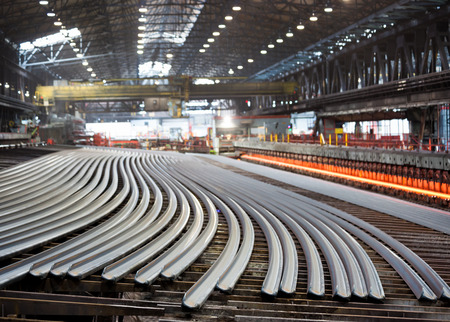
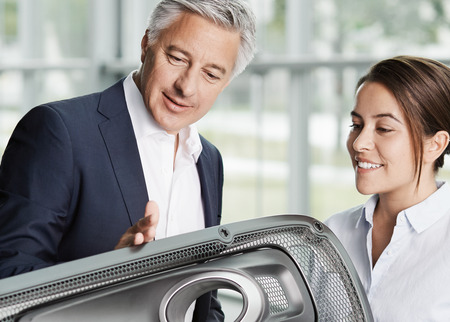
voestalpine.jpg)
voestalpine.jpg)
